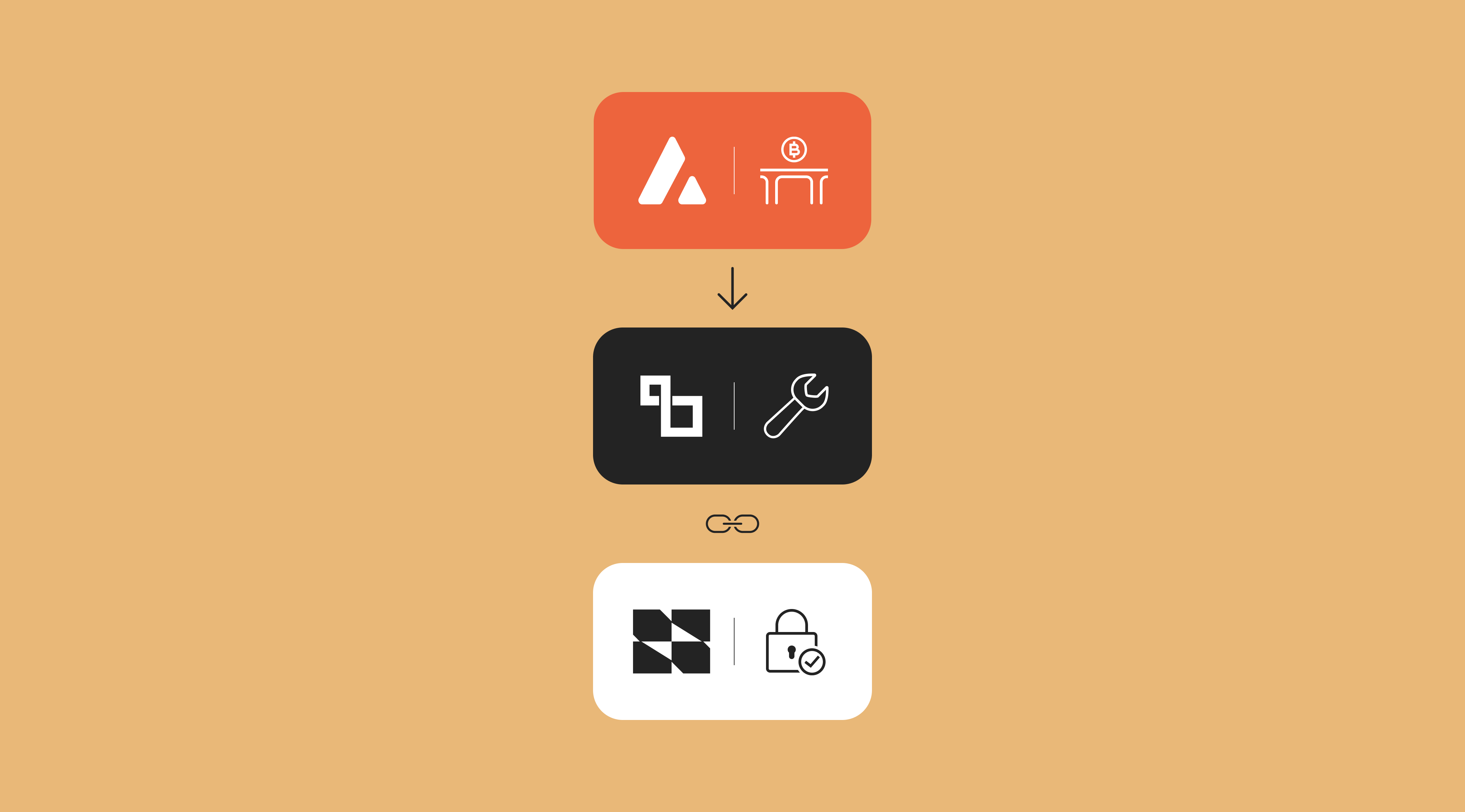In advance of EigenLayer’s second stage testnet launch, enabling operators to prepare to support actively validated service (AVS) tasks, Cubist is excited to announce a new partnership: we are working with EigenLabs to build anti-slashers that will help honest operators avoid getting slashed on EigenLayer.
“Our goal is to ensure that honest operators, and the restakers who delegate to them, do not get slashed. The Cubist key manager has a built-in anti-slasher for the Ethereum Beacon Chain today. We are excited to work with Cubist on developing an open anti-slashing framework for EigenLayer that interested operators can use when opting in to AVS validation tasks.” Sreeram Kannan, Founder and CEO of EigenLabs
How can operators get slashed?
Operators who choose to participate in running AVS service tasks have the opportunity to receive extra compensation for providing crypto-economic security to these AVSs. This security mechanism relies on the operators staking their ETH (or LST) as collateral, making their validators susceptible to being slashed in case of any misbehavior. Since the AVSs are responsible for defining the slashing conditions and implementing the execution containers that run off-chain, the EigenLayer community and operators rely on the integrity of the AVS software. In the event of a malicious or faulty AVS code, even honest operators face the risk of being slashed.
As described in EigenLayer’s whitepaper, there are currently two lines of defense against unintended slashing. The first line of defense is auditing: operators can opt in only if the AVS codebase is audited. We expect that AVS codebase audits will become the norm, as with smart contract audits. The second line of defense is the veto committee: operators can choose to opt in only to AVSs that use the EigenLayer veto committee as a fallback. This veto committee is comprised of prominent members of the Ethereum and EigenLayer communities, and is empowered to veto incorrect slashing decisions via multisig.
These two lines of defense reduce the amount of trust that operators and restakers must place in AVSs, especially during the early stages.
Today, we're announcing that we are collaborating with EigenLabs on their third line of defense: anti-slashers.
How will anti-slashers help operators?
Our non-custodial key management platform is tailored specifically for staking purposes. The key manager allows stakers and operators to protect their keys in secure hardware and restrict the signing of transactions and validation messages with custom policies.
Ankr, for example, uses our built-in anti-slashing policy for the Beacon Chain to secure their ETH validator keys and ensure that their validators never double sign or surround vote. By enforcing anti-slashing within the key manager, potential slashing risks due to validator client bugs, compromises, or upgrades are mitigated. This can fundamentally reduce the trust EigenLayer operators need to place in AVSs and improve the security of the community as a whole.
Cubist is collaborating with EigenLabs on an open anti-slasher framework that will make it possible for anyone – and in particular AVSs and operators – to specify and implement anti-slashing policies that they may rely on when signing validation messages. For an AVS that implements BFT consensus on EigenLayer, for example, the anti-slasher can ensure that the validator never signs block headers at the same height. This anti-slashing policy will protect operators from slashing, even if the AVS containers are buggy or malicious. Anti-slashers can minimize the level of trust operators need to place in the container code responsible for implementing the AVS service. This not only reduces the risk for operators to participate in the EigenLayer protocol, it also makes it possible for AVSs to innovate and launch faster.
“We are thrilled that our partnership with EigenLabs will promote shared security across the ecosystem. Honest operators should feel confident that they won't be slashed, either at the consensus layer or by AVSs. This collaboration will encourage operators to restake their assets on EigenLayer and contribute to the long-term efficiency, security, and interoperability of Web3.” Riad Wahby, Co-Founder and CEO of Cubist
A final note
The objective of the Cubist-EigenLayer partnership is to establish an open anti-slashing framework, serving as EigenLayer’s third line of defense against unintended slashing. By mitigating unintended slashing risks, the partnership aims to lower the opt-in barrier for both operators and AVSs, thus fostering and expediting the open innovation facilitated by EigenLayer.
EigenLayer is a protocol that introduces a novel approach to cryptoeconomic security, revolutionizing how participants can secure and engage with multiple protocols within the Ethereum ecosystem and beyond. Spearheaded by EigenLabs, EigenLayer has attracted significant backing, amassing around $65 million in funds. Supported by esteemed investors such as a16z, Blockchain Capital, Polychain Capital, and Coinbase Ventures, EigenLayer stands at the cutting edge of harnessing Ethereum's security mechanisms to boost developers, validators, and participants. Through EigenLayer, users can enhance capital efficiency, bolster network security, and pioneer new opportunities across varied blockchain platforms.







